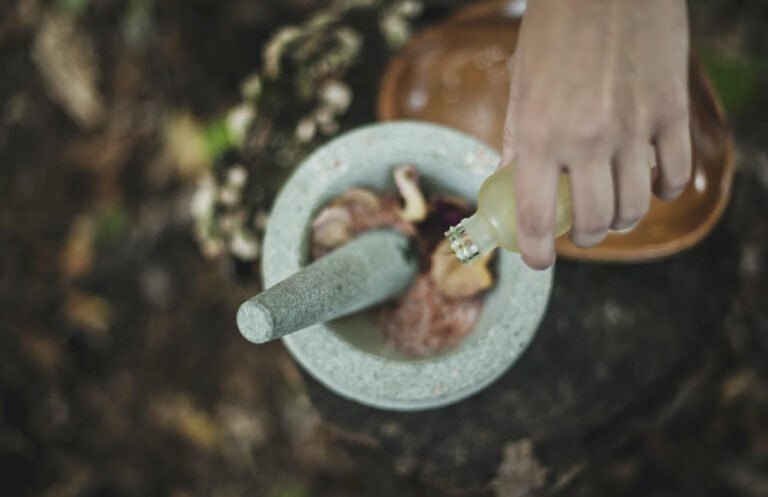Cultural Medicine
Rooted in ancient, traditional cultural and modern scientific practices. For example, American Indian, Mediterranean, Ayurvedic, Chinese, Japanese and other cultures knowledgeable in growing and preparing their own food as medicine.

Dr. Randall’s Cultural Medicine Service provides a unique approach to healthcare that takes into account a patient’s cultural background, beliefs, and practices. It focuses on understanding the patient’s cultural heritage and its impact on their health and wellbeing. This approach recognizes the important role that cultural values, traditions, and practices play in shaping a person’s health.
With this approach, Dr. Randall’s Cultural Medicine Service helps patients better understand the culturally-specific health risks and conditions that they may face. It works to empower patients with the knowledge and skills needed to make informed health decisions that are anchored in their cultural beliefs.
Overall, Dr. Randall’s Cultural Medicine Service provides a needed bridge between cultural diversity and healthcare, and helps patients receive care that is sensitive to their unique backgrounds and experiences. It is a valuable resource for anyone looking for culturally-competent care that can help address the wide variety of health-related issues that can emerge in an increasingly diverse world.
American Indian
Dr. Randall conducts a Native American healing ceremony that uses fire, water, and herbs to bring balance and harmony to the body, mind, and spirit. Participants gather around the fire and perform specific rituals while Dr. Randall provides personalized treatment based on their unique needs. This practice offers deep physical, emotional, and spiritual transformation, with many reporting significant improvements in health and a greater connection to the natural world and inner wisdom.


Acupuncture
Acupuncture is a traditional way to treat pain that involves putting thin needles in certain parts of your body. It can help balance your body and reduce pain without taking medication. People have used acupuncture for many years, and it is useful for treating chronic pain, headaches, and osteoarthritis. However, there is conflicting scientific evidence, and more research is necessary to know for sure. It is essential to only receive acupuncture care from a licensed and trained practitioner. Acupuncture could supplement other therapies as well, such as medications and physical therapy.
Ayurvedic
Ayurvedic medicine is an ancient Indian healing system that emphasizes balance of mind, body and spirit for optimal health. Every individual necessitates a tailored approach to achieve wellness using herbs, diet, yoga, meditation and lifestyle recommendations.
Ayurveda has become popular globally and integrated into modern wellness practices. Nonetheless, some Ayurvedic remedies are untested and may pose potential health risks.


Traditional Chinese Medicine
TCM, a 3,000-year-old healthcare system from China, focuses on regulating Qi flow through techniques such as acupuncture, herbal medicine, massage, and exercises like tai chi and qigong. The principle of Yin and Yang is central to TCM, emphasizing balance in the body for health. TCM treats the body holistically and is often used with Western medicine to promote health and prevent disease.
HARA (Traditional Japanese Medicine)
Hara is Japanese medicine that treats imbalances in vital energy, or “ki.” Treatment includes techniques such as palpation, observation, herbal remedies, massage, and acupuncture. Hara believes that stress, diet, lifestyle habits, and other factors can interfere with ki flow, leading to illness. By addressing these imbalances, hara strives for overall well-being.

